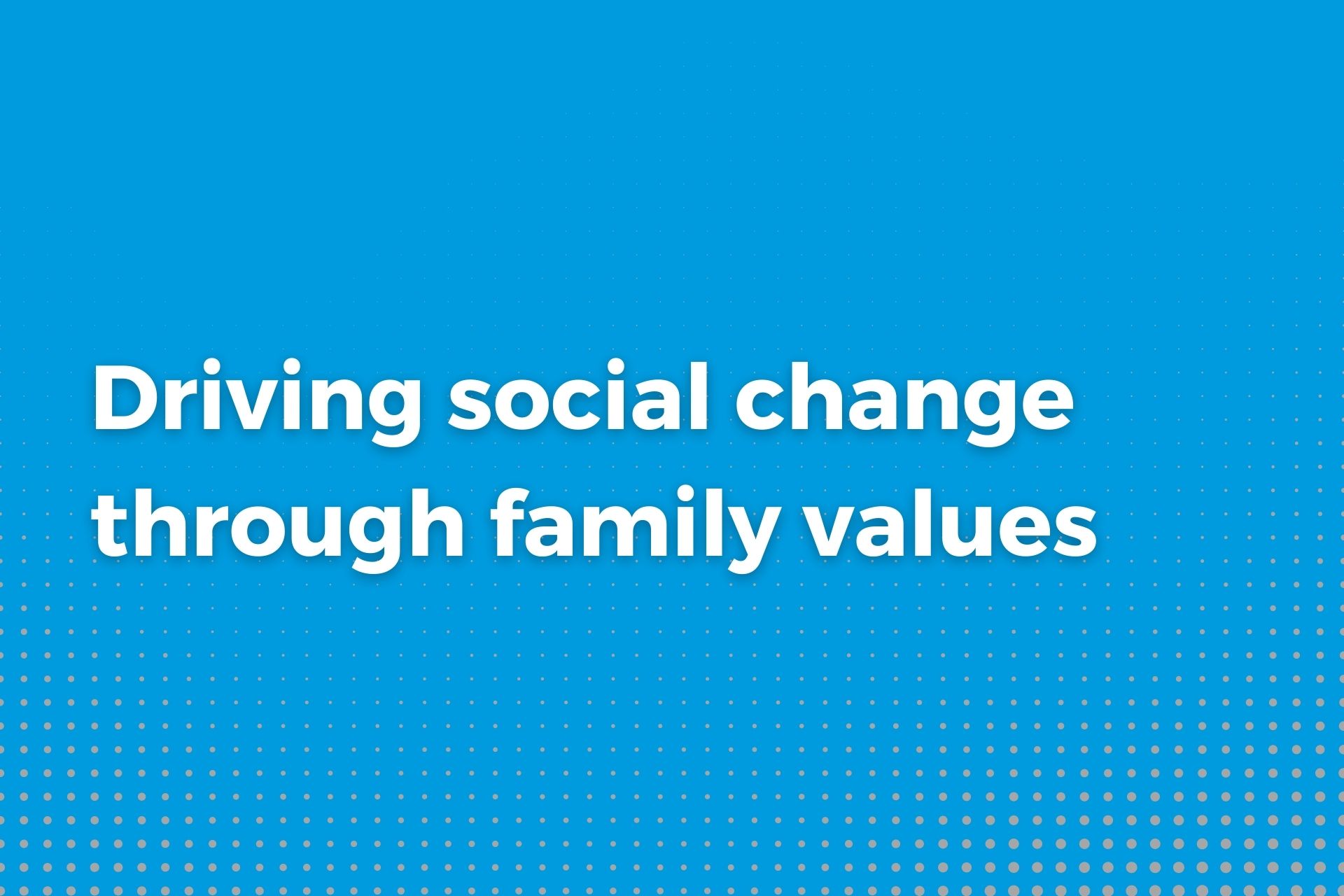
Clare has a background in Human Resources, having worked as an HR Manager for a major oil company for many years. Eight years ago she and her husband set up a family trust to engage her (then) teenage children in the concept and spirit of philanthropy: this has now grown to be a significant part of her life (along with running a private polo team at their farm in Surrey) and the operational wing of the Trust (Hummingbird Foundation) is now very active in Kolkata, West Bengal – working on a number of anti-trafficking initiatives. She is also Chair of the Horsleys Community Fund, which encourages local giving for local need.
As a small family foundation, our impact stems from the motivation and enthusiasm of our family. Hummingbird came together around our kitchen table in the mid-2000s as my husband and I sought to infuse a spirit of philanthropy into the fabric of our family’s routine.
We had been fortunate. While we had set the example of what hard work could accomplish, we also felt it necessary to teach our daughters that privilege must be accompanied by a sense of responsibility. More than anything, Hummingbird represented an opportunity to come together as a family, learn about the world, and create something positive together.
We started with what we knew. My husband is Indian and spent many years in Kolkata at school. As we began to investigate possible avenues for investment, Kolkata arose as a place of particular interest, for both the wealth of development action happening there, and our personal connection.
Our daughters were an integral part of the process, and together we debated the various issues we would tackle. As we began to learn about the region, and as our family grew more and more passionate about the issue of human trafficking, our direction as a foundation solidified. I truly believe this collective motivation enthuses our commitment and directs our efforts in the field.
Human trafficking is a multi-faceted and age-old phenomenon. From our research, we knew it was a combination of chronic poverty, deeply rooted cultural stereotypes that discriminate against women, lack of economic opportunity and a relatively weak response from local and national institutions that all contribute to this flourishing industry.
As a family and individually we have regularly visited the slums and villages of the region; this physical contact with the region solidifies our belief that the humanity of the issue must always be the driving force of our approach. This belief has influenced our strategic objectives and the means by which we endeavour to realise our goals. Partnerships with other organisations in the trafficking space, and consistent participation by communities and local stakeholders dictate our standards for making the biggest impact in this field.
Closely related is our belief that we must commit to investing deeply in the communities where we operate, and so we have concentrated our efforts in the 24 North and South Parganas of West Bengal. This is a particularly vulnerable source area – due to a complex confluence of development issues – and we are driven to building a comprehensive evidence base of good practice in this region.
We also believe that to truly have the most impact, we must focus on Prevention. While many institutions (public and private) have employed strategies to combat the various forms of trafficking including Rescue, Protection, Rehabilitation and Prosecution, we believe that one must address the underlying causes at source otherwise there will be a never-ending supply of vulnerable people, particularly girls, entering the trafficking cycle.
In addition to this methodology, we know we cannot reinvent the wheel. At present, there exist a number of community-based programmes working towards improved human rights awareness, livelihoods, education, health and sanitation etc. There is relatively little being done, however, to capitalise on these organisations’ work and explicitly direct it towards the factors that lead to human trafficking and unsafe migration.
We will work within this space, grapple with cultural challenges, and collaborate with communities, NGOs, and governments to bring an end to the trafficking of girls within West Bengal. Though we are a small foundation, our goals are mighty:
We work to facilitate the mobilisation of the whole community (boys and men, girls and women, their families and community institutions) so as to bring about a clear reduction in the number of girls being trafficked.
We engage with government institutions at local, Block, District and State levels (eventually addressing the issue at the National level) so as to establish appropriate actions and a favourable policy environment for the reduction of trafficking.
We are not an implementer. Our approach is to foster strong partnerships with civil society actors through which we work. Our aim is to share our experiences and learn from theirs so as to leverage expertise and promote innovation. We see ourselves as enablers who can convene, communicate and collaborate for maximum impact.
Despite the scope of the issue, and the ambition of our approach, our motivation to create a sustainable impact comes back to our family and the Hummingbird logo that represents us. We are small and energetic, constantly punching above our weight to reach the places others won’t. We know that we need to inculcate that sense of responsibility internationally, within our communities and within our families to make change happen. Our own behaviours and those of our children is the key to a more equitable future.


